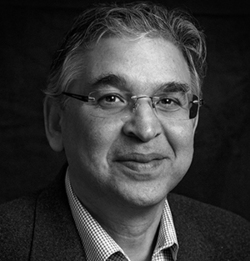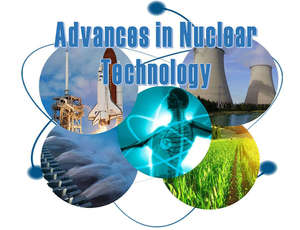2021 Distinguished Lectures

"Accelerating Carbon Neutrality: Mobility, Buildings, Food, and Emerging Technologies” by Gregory Keoleian (March 11)
Life cycle assessment (LCA) is a modeling tool for comprehensive accounting of greenhouse gas emissions associated with products and technologies. This talk presented life cycle based energy and carbon footprints for a wide range of products and carbon reduction strategies and interventions. Key findings from the Center for Sustainable Systems research on automobiles (conventional, lightweight, electrified, autonomous), buildings (whole buildings, appliances, lighting), and food systems (various food types and diets) were highlighted to inform future carbon neutrality research, technology development, consumer choices, and policy.
Prof. Greg Keoleian is the Peter M. Wege Endowed Professor of Sustainable Systems at the University of Michigan and serves as Director of the Center for Sustainable Systems (CSS). He is co-founder of the Center which celebrated its 25th anniversary in 2016. He has appointments as Professor in the School for Environment and Sustainability and as Professor in the Department of Civil and Environmental Engineering. He earned his PhD in Chemical Engineering from the University of Michigan in 1987.
CSS has developed a growing set of peer-reviewed fact sheets that are updated annually and designed to inform policymakers, business professionals, students and teachers. Visit css.umich.edu/factsheets for the current set.
For more information, contact Subhash L. Shinde, ND Energy event host, and visit the Event webpage.

Four-Part Series: Advances in Nuclear Technology (February 10, 17, 24, and March 3)
Accidents involving nuclear materials have been few and far between, yet their stories have remained etched in history, leading to misinformation and disagreements, especially among policymakers and the public, about their use. The good news is that researchers have learned from these incidents and are leading the way toward the next-generation of nuclear power and life-sustaining technologies.
In this four-part series, participants will learn about the many ways nuclear is being used to generate power, preserve human health, and support universal discoveries. Speakers will delve into topics surrounding research and development and some of the hard questions about environmental and intergenerational justice, including:
- Is nuclear power the only means for reducing carbon emissions quickly enough to prevent catastrophic climate change?
- How do we sort through fact and fiction, ethical and moral imperatives, and social and economic consequences when making policy decisions?
- Beyond power, how is nuclear science saving lives, solving mysteries from our past, and building a future for the next-generation of scientists, leaders, and decision-makers?
February 10: Advances in Nuclear Technology Part One: "Fact, Fiction, and the Future" presented by Peter C. Burns, Henry J. Massman Professor of Civil and Environmental Engineering and Earth Science and director of ND Energy
February 17: Advances in Nuclear Technology Part Two: "A Moral Imperative" presented by Don Howard, professor of Philosophy, University of Notre Dame
February 24: Advances in Nuclear Technology Part Three: "A Case Study in Puerto Rico" presented by Jesus Nunez, chief executive officer, Nuclear Alternative Project (NAP); Valerie Lugo, chief operations officer, NAP; and Ramón Martinez, chief nuclear officer, NAP
March 3: Advances in Nuclear Technology Part Four: "Beyond the Nuclear Power Plant" presented by Captain Mark Prokopius, professor of Naval Science, University of Notre Dame; and J. David Robertson, professor of Chemistry and director of MU Research Reactor (MURR), University of Missouri
For more information, contact Anne Berges Pillai.